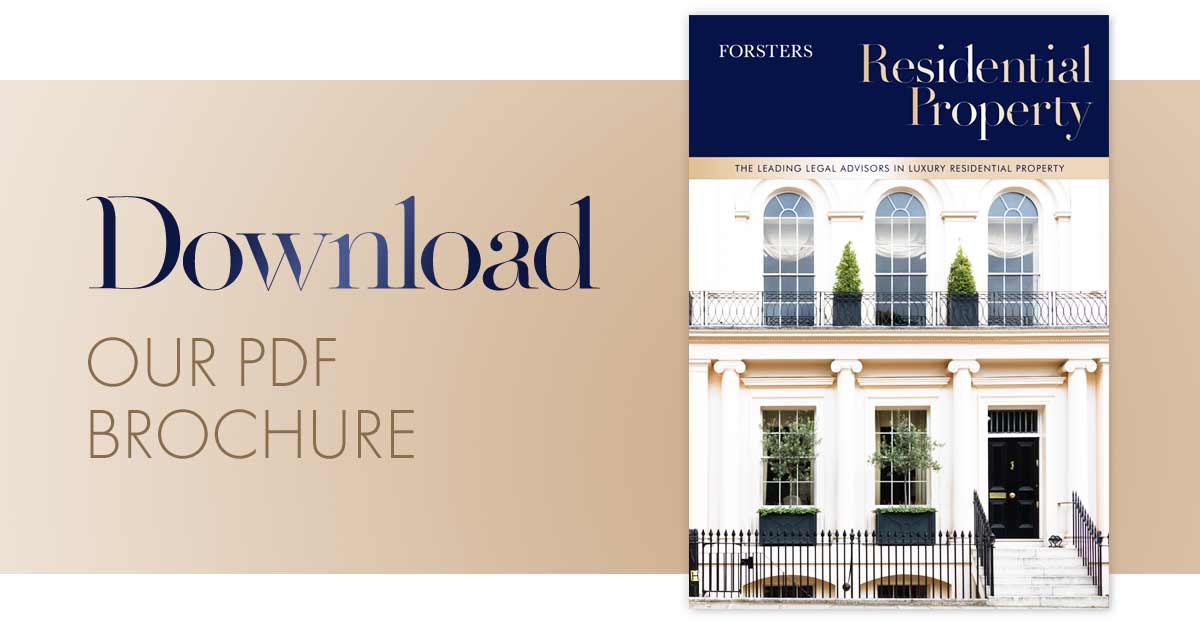Flexible working from home and the second home abroad
The long-cherished dream of many people, i.e. cashing in the South London three-bed semi and buying the gorgeous villa with sea views (and good broadband) before retirement, is now a tangible possibility – or is it?
First of all, if you are an employee you need to consider whether your employer will allow you to do this and they will be assessing a number of factors, including:
- Whether you will be able to carry out all of your duties from home, how often you might still need to go to your workplace in the UK and whether you are in the right time zone (so possibly New Zealand might not be suitable).
- Whether your working from home causes any immigration, visa or regulatory issues, for example, do you have a right to work in the US and will you need to pass any further exams or comply with any local rules before you can regularly work in your new jurisdiction?
- Whether working in your new jurisdiction will result in your employer having a fixed place of business from either a VAT or a corporation tax perspective.
- Whether you will be subject to employment income tax where you work or where your employer is based. Your level of income may also have a bearing here – Denmark, Ireland, Germany, Greece, Norway and Sweden, for example, may have higher marginal rates of tax. Also, will your employer have any special security and pension obligations in your new jurisdiction?
- What happens if you become sick? Is there a health care system or insurance policy you can claim on and who will fund that? The cost of US health insurance, for example, may make the US a less favourable jurisdiction.
Secondly, let’s consider your property purchase. You may need a more sophisticated lender than your typical high street bank and in particular, any bank is going to be concerned that you can prove good title to your proposed acquisition. In countries like Greece, where there may not be a national land register, proving title can be particularly time-consuming and expensive. You and the lending bank will want to ensure that there are no restrictions on purchases by foreigners (Thailand could be difficult) or the size or location of the property. Some countries only allow foreigners to buy new developments (off-plan), whilst others restrict the location (for example, not on the coast), whilst yet others restrict the acreage.
Thirdly, what about tax on purchase? For example, France charges VAT at 20% on the purchase of new developments!
Good local legal advice will be essential.
Elizabeth Small is a Partner in the Tax team.
Read our expert insights into the luxury residential property market
To successfully buy and sell a property, it is important to understand how the market is evolving and changing. Our real estate specialists share their knowledge on the key residential topics and market trends, from SDLT and Capital Gains Tax to creating a lifestyle property or buying a second home abroad.
The Life Cycle of Family Wealth
From growing a business to starting a family or handing over control of that business to the next generation, every individual has their own goals to aspire to. Our Private Wealth lawyers advise our clients throughout this family life cycle, providing the legal advice required for specific transactions such as purchasing a home or selling a business, whilst also advising on the long-term opportunities for succession and estate planning.




